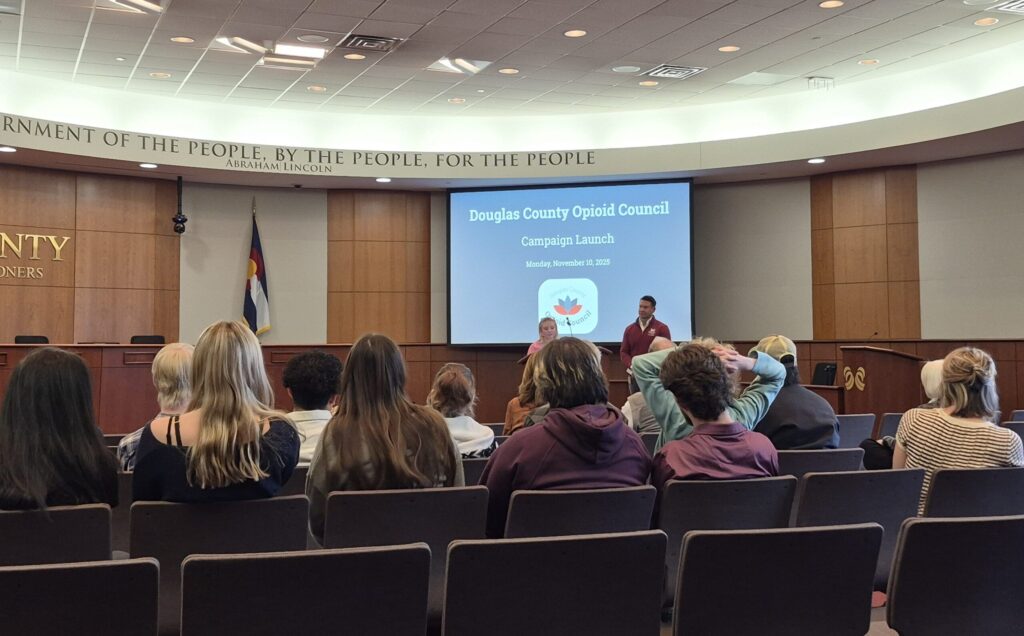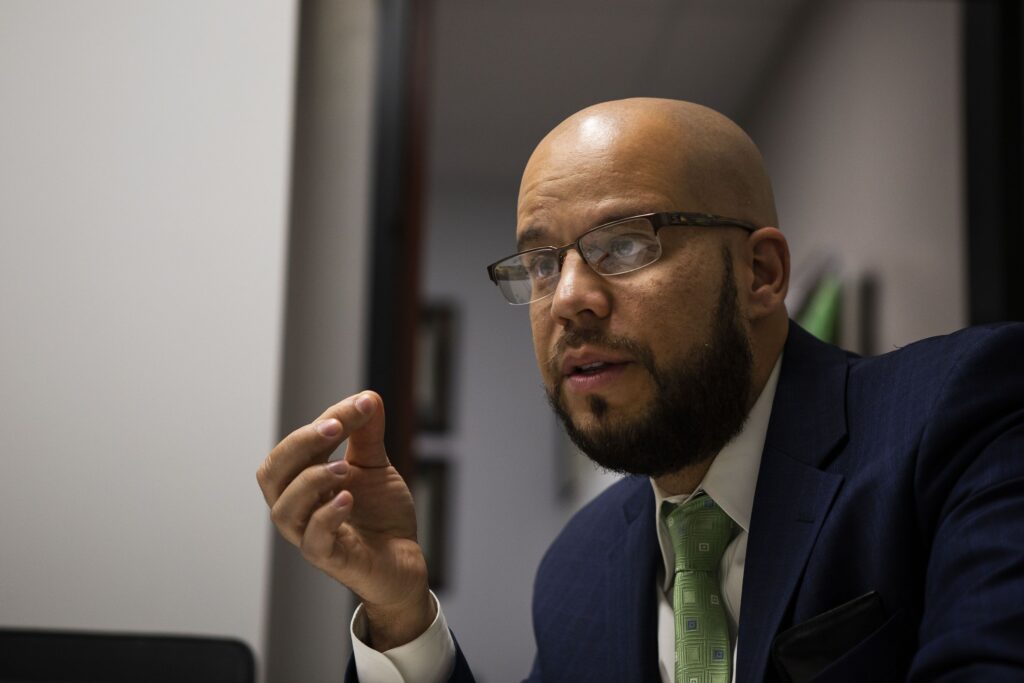Washington Post, ’60 Minutes’ investigate opioid distribution case with Colorado at its center
As the Colorado legislature and Attorney General Cynthia Coffman has tried to stem the addiction to opioid drugs, a major pipeline of painkillers was flowing out of a small drugstore in Brighton for years, the Washington Post and “60 Minutes” report this weekend.
Before top brass at the Justice Department and DEA started cutting deals with the drug giant McKesson Corp., federal investigators in Denver were poised to bring the highest profile criminal distribution case in U.S. history, says the Washington Post story by Lenny Bernstein and Scott Higham.
Nine DEA field divisions worked with 12 U.S. attorney’s offices in 11 states who probed distribution practices at about 30 McKesson warehouses, including at least two in Colorado, according to the report published in the newspaper Sunday.
Facing a potential $1 billion fine and the country’s first criminal case against a drug company for its second violation.
“This is the best case we’ve ever had against a major distributor in the history of the Drug Enforcement Administration,” David Schiller, who retired as assistant special agent in charge of DEA’s Denver field division recently, told the Washington Post.
Last January the company agreed to a $150 million fine, suspended operations from four of its distribution warehouses and promised, again, to improve its system for detecting and alerting authorities suspicious drug orders. The company paid a $13.25 million fine and promised to do better when it was caught in 2008, as well, three years after it was warned by federal authorities.
McKesson is the fifth-largest publicly traded company in the U.S., the Washington Post noted.
The DEA turned its investigation to Colorado in 2012, joining state and local law agencies looking into why Platte Valley Family Pharmacy owner and pharmacist Jeffrey Clawson was filling orders for up to 2,000 pain pills a day.
Most of the drugs were supplied by a McKesson warehouse in Aurora, and the company wasn’t asking questions, despite its earlier requirement to notify the DEA of such unusual activity.
“But McKesson filled 1.6 million orders from the Aurora warehouse and reported only 16 as suspicious between June 2008 and May 2013,” the Post reported. “None of the 16 involved Platte Valley, and the company reported them only after the DEA began its investigation.”
Helen Kaupang, a DEA investigator who worked on the Colorado sales, told the Washington Post the small pharmacy was getting enough pills to supply a pharmacy next to a medical center in Denver, and McKeeson wasn’t asking the store why it needed so many.
“There was no legitimate reason for that pharmacy in that little town in remote Colorado to be getting hundreds of thousands of pills over a several-year period. None,” she told the Washington Post. “There was no justifiable reason. And yet, the pills kept coming.”
When Clawson ordered so much oxycodone than the McKeeson allowed, the company raised his limit, according to the Post report.
“The company would raise thresholds so pharmacies could order more pills without setting off suspicious monitoring alarms inside the company,” Kaupang said. “Did they think we wouldn’t look at them again? I don’t know. But they almost acted that way.”
A lawyer for McKesson denied the company raised thresholds simply to avoid scrutiny. The company said the DEA nor the Justice Department ever threatened criminal charges or the $1 billion fine cited in the Washington Post Sunday.
Platte Valley Family Pharmacy changed owners in 2012.
Read the entire Washington Post story by clicking here.
Clawson was indicted in 2013.
Michael Roberts of Westword wrote at the time:
Jeffrey Clawson looks like exactly what he was – a pharmacist. But Colorado Attorney General John Suthers believes he was also something more. Fifteen people have been charged in a three-state oxycodone ring … Clawson was a key player because of his willingness to fill fake oxycodone prescriptions – sometimes for kickbacks, other times not.”
Clawson was sentenced to 15 years in prison after pleading guilty to conspiracy under the Colorado Organized Control Act, a check of public records by Colorado Politics showed. In 1999 he was arrested by Aurora police and pleaded guilty to a misdemeanor drug possession charge after it was reduced from a felony. He received two years of probation.













